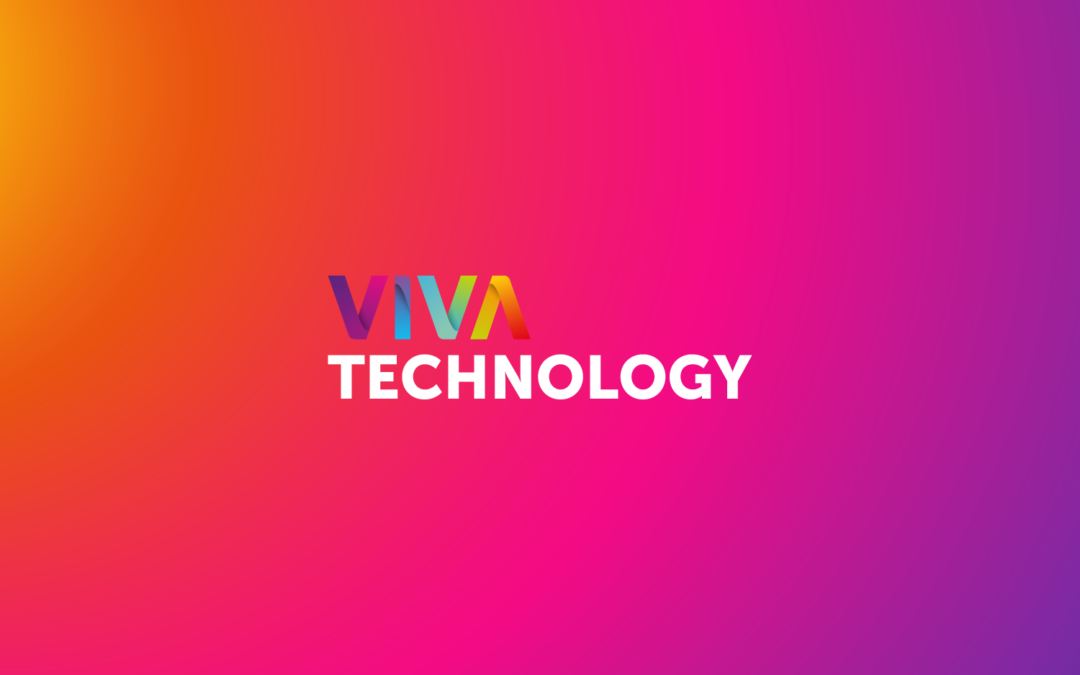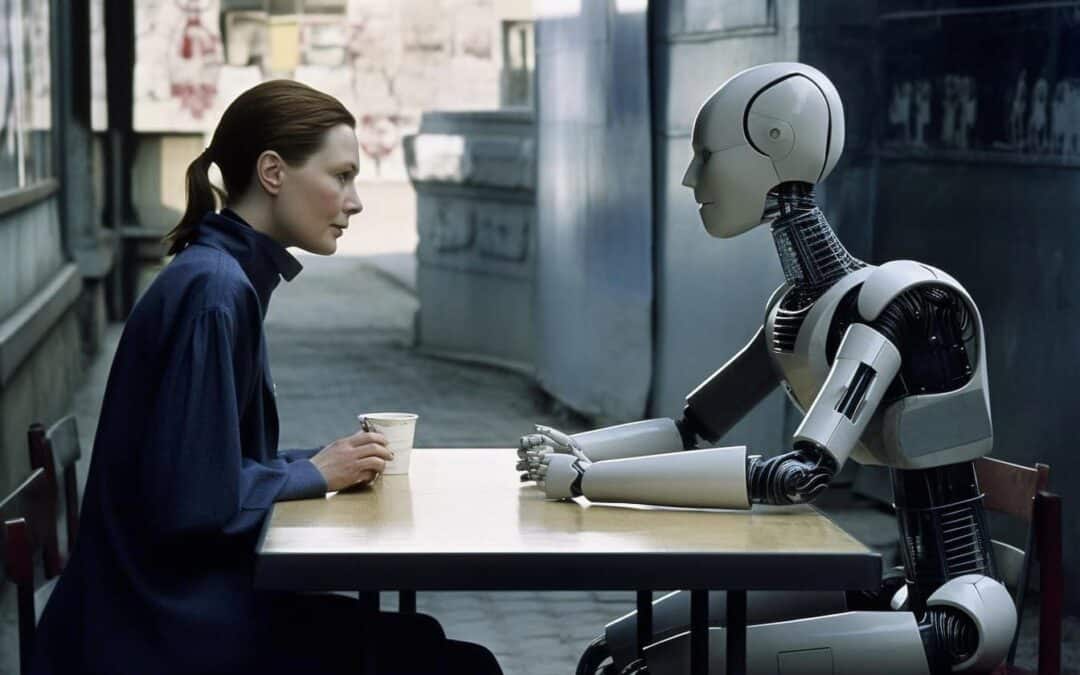An innovation that shakes up the codes
The Turing “bomb”, invented by the famous mathematician and cryptanalyst Alan Turing to decode messages from the opposing side during the Second World War, is the ancestor of the computer and a first step towards the creation of artificial intelligence.
Today, AIs have moved beyond this model without straying too far from it. They are super decoding machines used for various purposes (recognition of characters and objects in a photo, use of trading algorithms to improve financial performance, processing of patient medical data, distribution of content on social networks, etc.).
Initially, artificial intelligence could be defined as a machine capable of imitating a real intelligence, corresponding to the tasks that humans are capable of performing thanks to their intelligence. However, today artificial intelligence is far beyond human capabilities.
This is the case of the Waston software developed by IBM, which is not only able to store a large amount of relevant information from a particular field of expertise, but also to learn from its mistakes through the machine learning technique. The notion of artificial intelligence and its contours are difficult to define, as the limits of AI are constantly being pushed back and are gradually being integrated into companies.
AI, a competitive advantage for companies in recruitment
But, up to what point can artificial intelligence be at the service of people and companies? Will the introduction of artificial intelligence in companies gradually replace employees? The current trend is to develop technologies to improve the performance of employees and to reduce the operating costs of companies. Artificial intelligence and the innovation it represents are part of this trend. Support functions, and more specifically human resources, are regularly perceived by companies as cost centers. They are therefore particularly targeted by this transformation.
Recruitment represents a particular challenge, insofar as the creation of value and the results of its activity depend on its people. The competitiveness of a company depends to a large extent on the skills of its employees, their adaptability to change and their adherence to the corporate culture. For some positions, there are many applications and sorting through the CVs can be very time-consuming for a recruiter who spends many hours going through the applications and multiplying the interviews. Thus, the introduction of AI in recruitment could give a company a real competitive edge.
From recruiter to “super recruiter
Indeed, some companies have already embarked on this development and offer innovative services.
This is notably the case of Vera, an artificial intelligence software created in 2016 by Alexandre Uraksin and Vladimir Sveshnikov, whose objective is to save companies the time spent on sourcing by recruiters and thus significantly reduce the cost of recruitment. It is therefore Vera who sorts out the applications and interviews the candidates. Vera is connected to five job sites and selects 10% of the applications that best match the profile.
Vera then contacts the shortlisted candidates to arrange a date for an interview, which she conducts herself by phone or Skype. To build her vocabulary, Vera draws on 13 million phrases from various Internet sources such as TV shows and job postings. During the interview, Vera evaluates the candidate’s experience, motivations and diplomas, but also detects the candidate’s emotions, enthusiasm or disappointment. Vera is not intended to be used for any type of position. Executive profiles are not concerned and the final decision to recruit is made by the “human” recruiter.
More than 300 companies have already been convinced, such as Ikea, Pepsi Co or L’Oréal. The interest exists especially for large companies that receive a very large amount of applications. The value proposition of Vera’s inventors is based on saving one-third of the total cost of recruitment. Vera is not the only technology developed to improve the recruitment process.
In South Korea, the South Korean processor giant SK Hynix also used artificial intelligence to evaluate thousands of cover letters. The IT start-up Midas IT has also presented a robot, performing job interviews, which analyzes the candidate’s answers, the tone of his voice and his facial expressions.
Nevertheless, the candidate experience can be disconcerting, to say the least, and it may be necessary to work on the reception of these new technologies.
Also, since 2013, Easyrecrue has been offering a solution for pre-selecting candidates through video interviews. The candidates film themselves answering several predefined questions. The objective: to save the recruiter time by eliminating applications more quickly. The solution is completed by an algorithm to analyze the behavior of candidates. A selection is then made by the algorithm on several criteria such as lexical diversity, dynamism as well as facial expressions which will allow to recommend to the recruiter certain profiles.
Is the arrival of AI in recruitment good news?
Artificial intelligence is emerging in the recruitment process. In addition to saving time, the creators of these new technologies also emphasize the integration of diversity thanks to an artificial intelligence that does not have the same biases as humans.
AI appears today as an ally of the recruiter giving him the tools to be a “super recruiter”. The decision to hire is reserved for him. Freed from low value-added tasks and the biases inherent in all human beings, the recruiter can be more efficient and secure in his recruitment. Artificial intelligence seems to fulfill its promise. However, artificial intelligence always works on the basis of data provided to it.
It is therefore made by men who remain subject to bias. Whatever happens, they will tend to reproduce the same biases. Moreover, today it is also a question of candidate experience. However, some applicants might be quite reluctant to be interviewed by a robot. The exchange could not be the same as with a human being. Atypical profiles risk being rejected by these AIs. It is doubtful that an AI is open-minded and this innovation could lead to more conformity.
Rethinking the role of HR
The decision to hire remains in the hands of a human recruiter, but for how much longer? To take cost reduction even further, the next step could be the outright replacement of recruiters with AI. Current concerns are around the destruction of jobs due to this digital revolution based on the theory of “creative destruction” by Schumpeter, an Austrian economist of the 20th century.
According to his theory, the capitalist economy is based on a systematic process leading at the same time to the disappearance of certain sectors of economic activity and the creation of new ones caused by successive innovations. However, the study carried out for Robert Half on “The automation of the finance function” in January 2017 testifies to a positive outlook insofar as this transformation will enable employees to focus on value-added tasks (for the recruiter: reflection on recruitment policy, sourcing strategy and employer brand, improved tools, business intelligence, development of corporate culture, partnerships, etc.).
However, this job transformation would only benefit certain job categories. Indeed, work by the consulting firm McKinsey Company shows that the jobs that will disappear due to automation will be physical work in predictable environments.
Data collection and processing will also be particularly affected. Not all jobs will be impacted in the same way. As a result, in order to stay in the system, research shows that up to 375 million workers worldwide will likely need to move into new occupational categories and acquire new skills. This is a training and skills management issue for companies.
It remains for companies to rethink their model and uses with the development of AI. If technology replaces human tasks, does it do so without human control, or should we think about putting in place a dual control system to verify the operation of an algorithm? So many questions await companies faced with this transformation.
How can you make the most of your HRIS software?
Find out how to boost your company's productivity with an efficient HRIS. Don't miss out on the benefits of an HRIS: download our Ebook and transform your HR management!
Read more in our feature on "Valuing the use of an HRIS":
- A unique HRIS software to boost the potential of your HR data
- HRIS definition: what is an HR information system?
- Why implement an HRIS in your company?
- The different fields of application of an HR information system
- The HRIS: a tool at the heart of HR performance
- How to enhance your recruitment with an HRIS?
- Integration of new employees: how to optimize onboarding?
- Talent management: what does an HRIS tool actually do for you?
- The contribution of an HRIS in the management of employee training
- Compensation and payroll management: the benefits of HRISsoftware
- Absence management: HRIS software is there for you
- The contribution of an HRIS in the management of employee training
- HRIS advantages: benefits for managers and employees
Contact
A project? A request?A question?
Contact us today and find out how we can work together to make your company’s digital future a reality.













